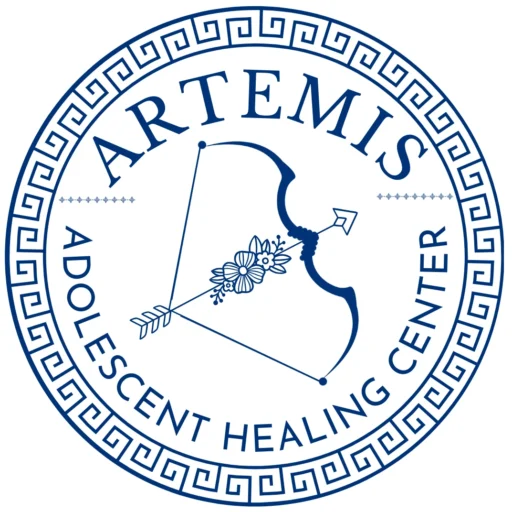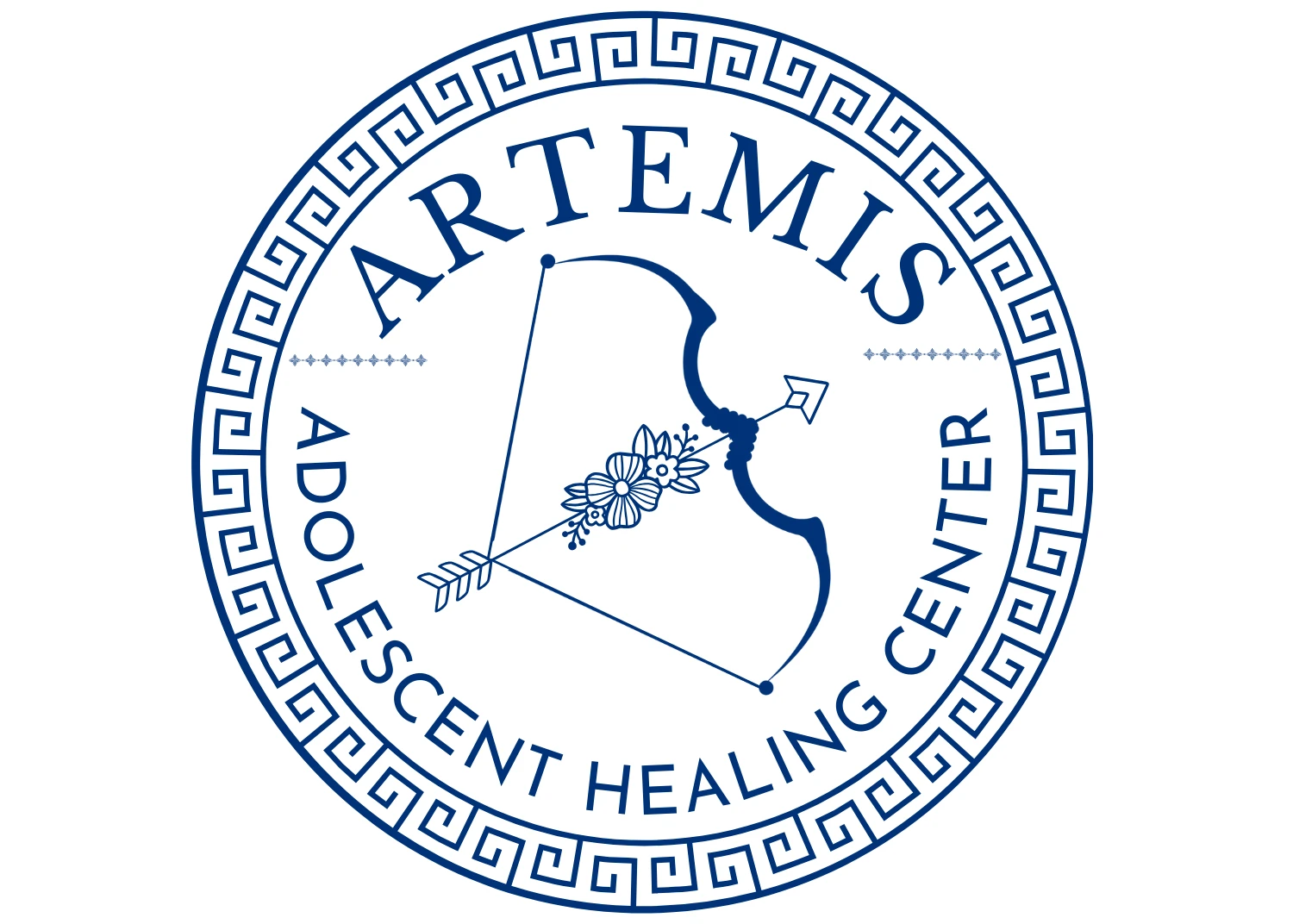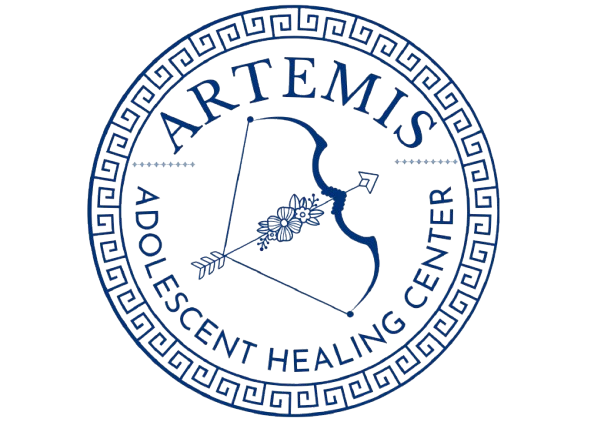Dialectical Behavior Therapy for Adolescents at Artemis Healing Center
Many challenges can accompany teenage life, and DBT for adolescents is one of many treatment options available to help young people manage the issues they face.
This page will take a closer look at what DBT is, why it is so important, and how it might be able to carry your teen to a more balanced, meaningful life. With countless success stories credited in part to the use of DBT, this is a treatment that every parent of a troubled teen should strongly consider.
Artemis Adolescent Healing Center is an excellent choice in Tucson for any teenager who needs to overcome problematic behaviors to reach their potential in the years to come. Give us a call today to learn more.
What is Dialectical Behavior Therapy?
This treatment was originally designed to address borderline personality disorder. It proved to be useful and has since evolved into a tool that can help people with many different mental health challenges.
Today, Dialectical Behavior Therapy may be used for people fighting depression, anxiety, eating disorders, substance abuse, bipolar disorder, and more. It aims to improve emotional regulation in patients, but that’s just the start of what it can achieve.
Building distress tolerance skills is a big part of what can be achieved through DBT. Many people who battle mental health struggle with maintaining the skills needed to deal with the inevitable challenges that come up in life. If using DBT can help create coping skills that allow for navigating the tough times, it will prove to be extremely useful and worthwhile.
Get Confidential Mental Health and PTSD Assessment
Why is DBT for Adolescents So Useful?
There is a specific type of DBT used for adolescents, called DBT-A. Using adolescent DBT is effective because it aligns perfectly with the still-developing minds of teenagers. Unlike adults, teenage brains have not fully formed, and the identity of the individual is still being formed.
At this stage of life, some degree of emotional turmoil is natural – expected, even. But it gets out of control for some. Emotional swings in teens can lead to behaviors that might be dangerous, self-defeating, or disruptive to a healthy and happy life.
Teens facing many different types of challenges can benefit from DBT. For example, a teen with suicidal ideation would be a great candidate for this type of treatment. Likewise, those with family conflict to work through, or strong interpersonal difficulties with others, can learn how to manage emotions and build a more stable, steady platform with the help of Dialectic Behavioral Therapy.
The Four Key Modules of DBT

DBT works to improve mental health in teens through four core skill modules. Each of these will help improve distress tolerance and build emotional regulation skills that will be useful day after day. Below is a closer look at each of the four components of this mental health treatment.
Mindfulness Skills
This is the foundation of DBT. Mindfulness DBT skills help adolescents become more aware of their thoughts and feelings without jumping to a reaction. Teenagers are famous for acting or responding before thinking. This part of the DBT experience will help to lessen those impulsive behaviors effectively.
Improving mindfulness allows teens to learn present moment awareness. They will be guided to observe their thoughts first, rather than acting on them immediately. Even if these emotion regulation skills are the only thing gained from the DBT process, it will have been more than worth it.
Distress Tolerance Skills
Powerful emotions can feel overwhelming to teens. They may not have the control over their mental health necessary to deal with these waves and come out healthy and safe on the other side.
This is why building distress tolerance is another important part of DBT. The treatment teaches teens to ride the wave of emotion until it subsides, rather than acting in response to those emotions in the moment.
This part of emotion regulation can help keep young people away from suicidal ideation or other potentially disastrous actions in the middle of an emotional crisis. Getting through the hard emotions using the tools developed in DBT won’t always be easy but it will be easier than it was before DBT for teens was administered.
Get Accredited Treatment Programs at Artemis
Emotional Regulation Skills
Education can solve a lot of problems. The emotion regulation portion of the DBT treatment approach helps teens with mental health issues understand what emotions are and how they work.
This allows the young people to see “behind the curtain” and better understand why they feel what they feel. They can start to identify their emotions and give them a name. Along the way, they’ll learn to decrease their reactivity to emotions and build healthy habits that boost emotional well being.
DBT for teens is all about steady, incremental growth. It’s not so much about looking for one singular breakthrough as it is looking for consistent improvements that gradually boost mental health and stack up DBT skills that can be used for a lifetime.
Interpersonal Effectiveness Skills
Relationships are a huge part of the struggle that teens often face. This is the age where the relationships in a person’s life start to become more complicated and difficult to manage. When combined with the emotional extremes that teens can experience, it’s a recipe for difficulty.
DBT for teens helps to get through some of these challenges in and around relationships. It can help a teen learn how to ask directly for what they need from others. DBT skills can also help them to say no without feeling guilty.
Conflict resolution also comes into the picture here. Emotional outbursts don’t help to resolve conflicts in a way that maintains positive, productive relationships. With strong distress tolerance skills and a newfound ability to work with others rather than fighting with them, teens can improve their interpersonal effectiveness dramatically.
How DBT for Teens Differs from DBT for Adults

Dialectical Behavior Therapy is also tremendously popular and useful. The way it is used for adults is not exactly the same as how it is used for teens, however. When Dialectical Behavioral Therapy is applied to teens exhibiting self destructive behaviors, it is adjusted in a way that makes it easier for adolescents to get the results that they need.
Specifically, the points below highlight some of the changes that are often applied when using DBT for younger people.
Family Involvement
This is a big difference and part of what allows Dialectical Behavioral Therapy to work so well for teens. By getting the family involved, a shared language can be developed that will help everyone cope more effectively.
All types of recovery are made easier with a strong support system. Whether it is eating disorders, suicidal behavior, or even suicide attempts, having family firmly behind the teen in a way that is supportive and productive can make all the difference in the world.
Shorter Modules
Teens don’t tend to have long attention spans. A lengthy treatment session wouldn’t likely hold their attention well enough to be particularly effective. Therefore, Dialectical Behavior Therapy adapted for teens typically uses shorter modules to make an impact quickly and directly.
Individual therapy sessions are held within a tight timeframe while still providing meaningful DBT skills training. Once they get started and see how powerful this tool can be, many teens learn to enjoy their sessions and the benefits they provide.
Focus on School and Social Pressure
The pressures that apply to adults don’t line up perfectly with what teens are going through. For teens, it tends to be social situations and school pressures that lead to many struggles.
Interpersonal relationships and the stresses they generate lead many teens to experience painful emotions. By developing better interpersonal effectiveness with the help of DBT, the teen will suddenly feel more secure in themselves and their place in the world.
Dialectical Behavior Therapy can also help a student deal with the anxiety that can come along with school performance. Having coping skills to stay positive after a bad grade, or ahead of a big exam, is important. Avoiding impulsive behaviors during these times and instead leaning on skills training picked up in DBT sessions will help to overcome existing mental disorders.
What to Expect in Our DBT Skills Program
Placing your teen into a Dialectical Behavior Therapy program is a big step. While it might feel intimidating – or even a bit scary – to consider inpatient treatment, this is a move that could pay off for your family for a lifetime.
You can expect the experience to start with an initial assessment and likely some individual therapy. This will help our team understand the needs of your teen and the challenges that they are facing at this point in life. With a baseline in place, we can craft a custom treatment program that will not only boost their interpersonal effectiveness and other skills in the short term, but also position them for lasting growth and stability.
Skills training sessions will also be scheduled to work on the various points we talked about earlier on this page. Dialectical Behavior Therapy has proven to be an excellent tool for skill building and your teen may seem to be a new person on the other end of their training program.
Also, plan on being actively involved in this process. Family therapy is a big part of the growth that your teen will experience, and we aim to make sure your entire family is on the same page and conflict is kept to a minimum moving forward.
Is DBT Right for Your Teen?

Like all treatment tools, DBT can be effective when used appropriately – but it is not the right fit for every situation. The lessons it can teach adolescents are powerful but will only be helpful if the teen in question actually needs to learn those lessons.
As a starting point, this is a treatment that is useful for teens who have ongoing emotional or behavioral issues. Typically, DBT won’t be necessary when the teen has just experienced one or two instances of emotional extremes, but is fine most of the time. It’s ongoing issues that can be addressed with this treatment.
Also, the teen needs to be at a point where she or he is open to learning and willing to attend regular therapy and group sessions. Active participation is vital so there needs to be some buy-in on the part of the teen if this is going to be a successful endeavor.
Up To 100% of Rehab Costs Covered By Insurance
Get Started With Effective Therapeutic Support Today
Finally accepting the fact that your teenager needs professional help to confront their problems is a difficult hurdle to clear. It is also an exciting time, however, as getting help in the form of various professional treatments – potentially including DBT – can point life in a new direction over the weeks and months ahead.
Teens facing challenges in life can transition into being healthy, stable young adults with assistance from DBT, cognitive behavioral therapy, group therapy, and other tools.
Now is the time to get started. Reach out today to learn more about our services and ask any questions you may have. Our friendly and experienced team would be proud to serve your family.






